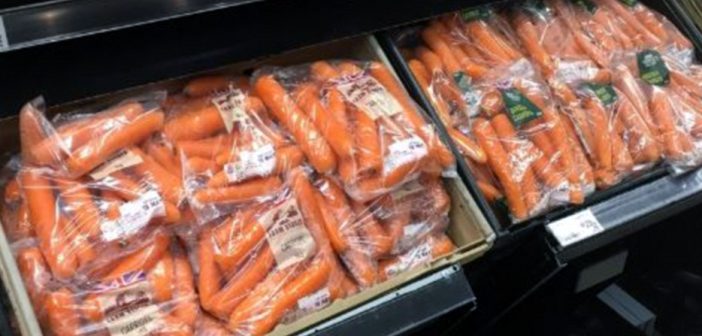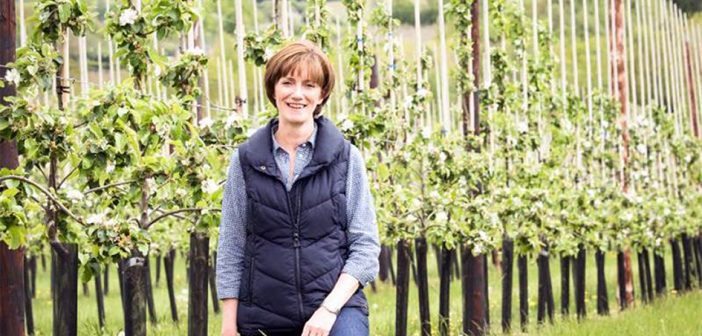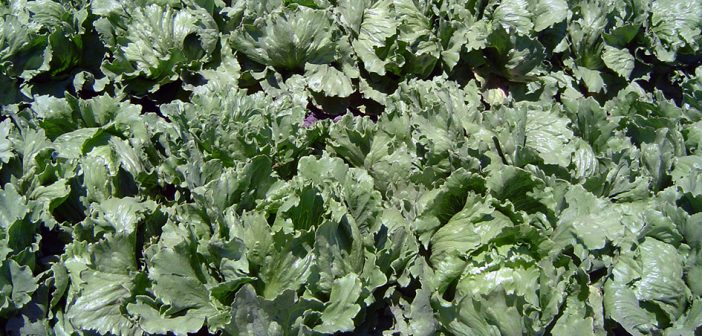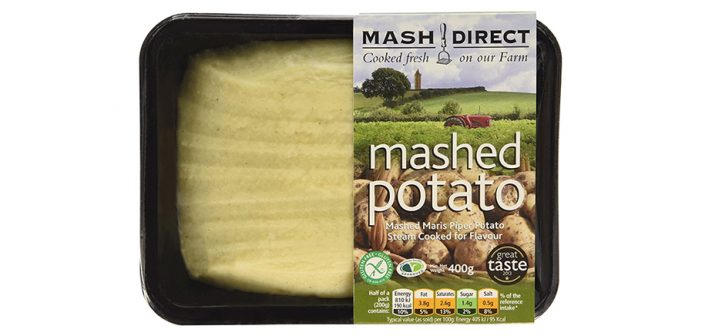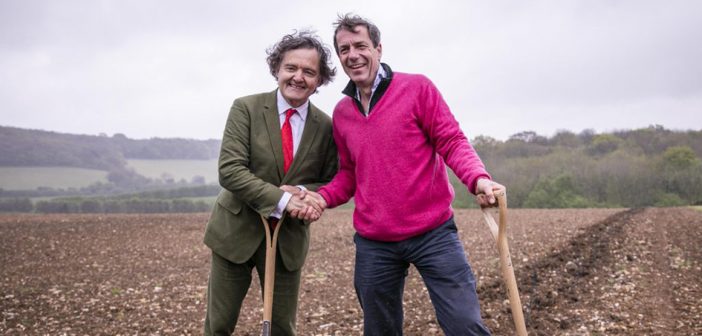According to Bloomberg and other sources, the European Commission may be preparing to recommend a 10-year extension to the approval of glyphosate.
Most famous as the active ingredient in Monsanto’s Roundup, off-patent herbicide glyphosate has recently been targeted by environmental and health campaigners, as well as the Soil Association, who cite studies which show that it can be carcinogenic and that it is frequently found in people’s urine.
Authorisation officially ended in the EU in mid-2016, when the Commission gave the chemical an 18 month stay of execution, after EU legislators failed to come to a decision on its future.
In the meantime the European Chemicals Agency (ECHA) has published an opinion that glyphosate is not a likely human carcinogen, but others cite a 2015 opinion from the World Health Organisation’s cancer research arm IARC, which said the herbicide is ‘probably carcinogenic to humans’.
According to an un-named Commission spokesperson, in light of ECHA’s findings, the EU Commission is set to recommend reauthorisation of glyphosate for a ten year period (shorter than the full 15 years which was previously on the table) in upcoming meetings with EU Member State representatives, according to Bloomberg.
Soil Association policy director Peter Melchett commented, “Whatever the EU decision on the overall authorisation of glyphosate, there is no excuse for the UK government’s continuing failure to introduce a ban on the use of glyphosate in public places such as playgrounds and parks and to end its use pre-harvest.”

Photo Credit: Pixabay
The post European Commission to propose 10 year extension for glyphosate appeared first on Hort News.


